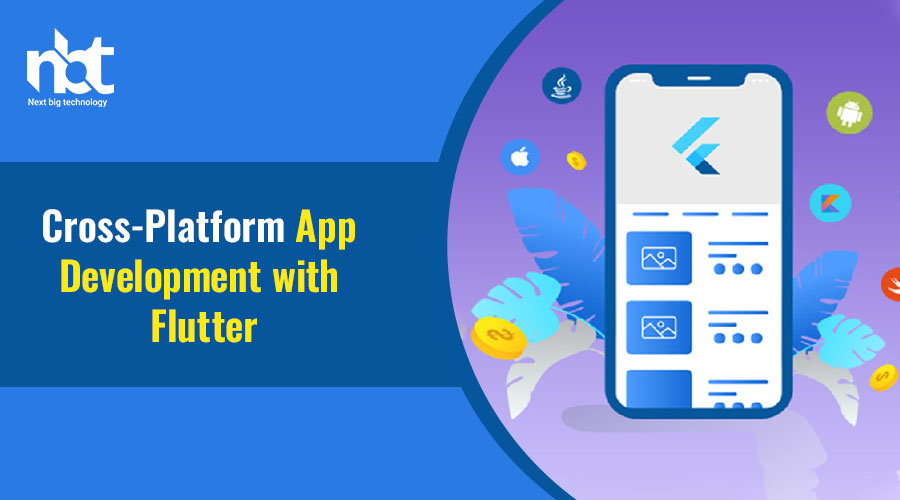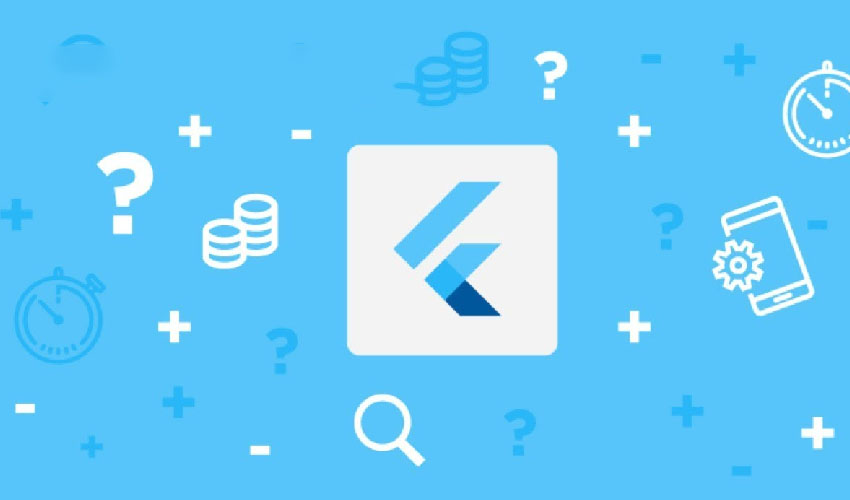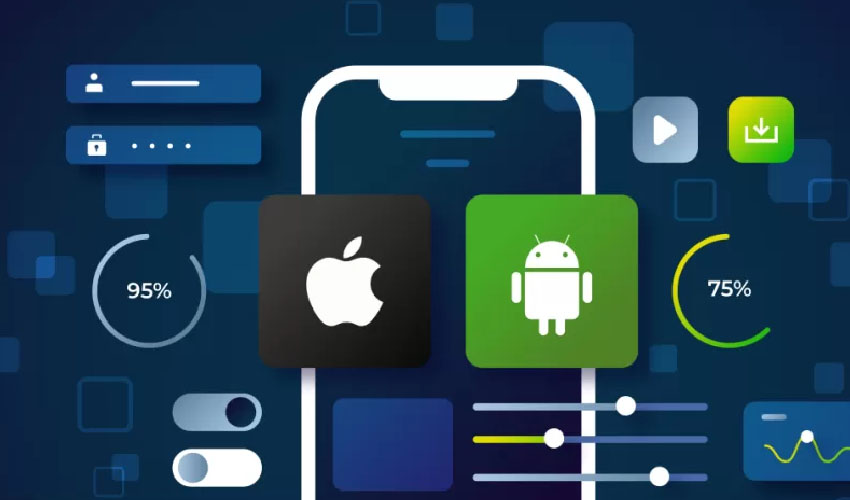Table of Contents
Introduction
In a rapidly evolving digital landscape, businesses and developers are seeking efficient ways to reach a wider audience without the hassle of maintaining separate codebases for different platforms. This is where cross-platform app development shines. It allows developers to write code once and deploy it across multiple platforms seamlessly.
What is Flutter?
Flutter, an open-source UI software development toolkit, is designed to craft natively compiled applications for mobile, web, and desktop from a single codebase. What sets Flutter apart is its expressive and flexible UI, powered by a rich set of customizable widgets.
Advantages of Cross-Platform App Development
Cost-effectiveness
Developing a single codebase for both iOS and Android significantly reduces development costs. Flutter’s “write once, run anywhere” philosophy streamlines the development process, making it an economical choice for businesses.
Time-saving
With Flutter, developers can save valuable time by writing code that works across platforms. The hot reload feature allows for instant code changes, making the development process faster and more efficient.
Consistency in UI/UX
Flutter ensures a consistent and visually appealing user interface across different platforms. The framework’s widgets are designed to adapt to various screen sizes and resolutions, providing a seamless user experience.
Getting Started with Flutter
Before diving into Flutter development, it’s essential to set up the development environment. Install Flutter and Dart, the programming language Flutter is built upon. Once the setup is complete, you can create your first Flutter app.
Widgets in Flutter
At the core of Flutter development are widgets. Widgets are the building blocks of the user interface, representing everything from buttons to entire screens. The rich widget library in Flutter allows developers to create complex UIs with ease.
Dart Programming Language
Dart, the programming language used for Flutter development, is known for its simplicity and efficiency. Dart compiles to native code, providing high-performance execution and facilitating a smooth development experience.
Flutter’s Hot Reload Feature
One of the standout features of Flutter is its hot reload capability. This feature allows developers to instantly see the impact of code changes without restarting the app. It speeds up the development cycle, making it easier to experiment and iterate.
UI Customization in Flutter
Flutter provides extensive theming and styling options, allowing developers to create visually stunning user interfaces. Customization is a breeze with Flutter, empowering developers to bring their design visions to life.
Handling Different Screen Sizes
Flutter’s responsive design approach ensures that apps look great on devices of various sizes. Developers can create adaptive layouts that adjust to different screen resolutions, providing a consistent experience across devices.
Integration of Native Features
Flutter seamlessly integrates with native features of the device, allowing developers to access functionalities like camera, GPS, and sensors. This native integration ensures that Flutter apps feel native to the platform.
Testing and Debugging in Flutter
Flutter offers a robust set of testing tools to ensure the reliability of your code. The framework also provides efficient debugging techniques, making it easier to identify and fix issues during development.
Popular Apps Built with Flutter
Several successful apps have been built using Flutter, showcasing its capabilities. Apps like Google Ads, Alibaba, and Reflectly have benefited from Flutter’s performance and the ability to deliver a polished user experience.
Community and Support
Flutter boasts a vibrant and active community of developers. The community provides valuable resources, tutorials, and support, making it easier for newcomers to learn and seasoned developers to stay updated with the latest trends.
Challenges and Solutions in Flutter Development
While Flutter offers many advantages, developers may face challenges such as platform-specific nuances. However, the Flutter community and documentation provide solutions to common issues, ensuring a smooth development experience.
Future Trends in Cross-Platform Development
As technology continues to evolve, cross-platform development is adapting to new trends. Flutter is positioned to embrace emerging technologies, making it future-proof. The framework’s versatility and continuous updates make it a reliable choice for long-term projects.
Conclusion
In conclusion, cross-platform app development with Flutter offers a compelling solution for businesses and developers aiming to maximize efficiency and reach a broader audience. The framework’s versatility, rich feature set, and active community make it a top choice in the rapidly evolving landscape of mobile application development.
FAQs
- Is Flutter suitable for all types of apps?
- Flutter is versatile and suitable for a wide range of applications, from simple prototypes to complex, feature-rich apps.
- How does Flutter handle performance on different devices?
- Flutter’s compiled code ensures high performance on various devices, delivering a smooth and responsive user experience.
- Can I use Flutter for web and desktop development?
- Yes, Flutter supports web and desktop development, allowing developers to create applications for multiple platforms.
- Is Dart a difficult language to learn for Flutter development?
- Dart is designed to be easy to learn, and many developers find it straightforward, especially with the resources available in the Flutter community.
- What are the future trends for Flutter development?
- Flutter is expected to embrace augmented reality (AR) and machine learning (ML) integrations, among other emerging technologies.
Thanks for reading our post “Cross-Platform App Development with Flutter”. Please connect with us to learn more about Cross-Platform App Development.





















